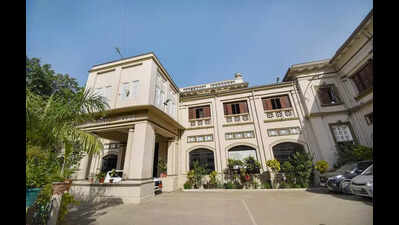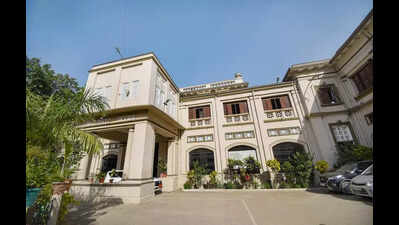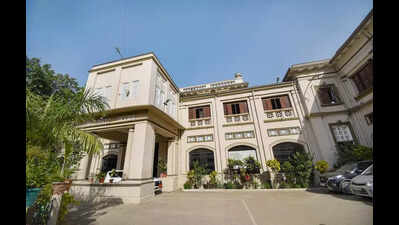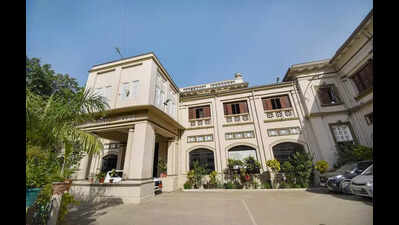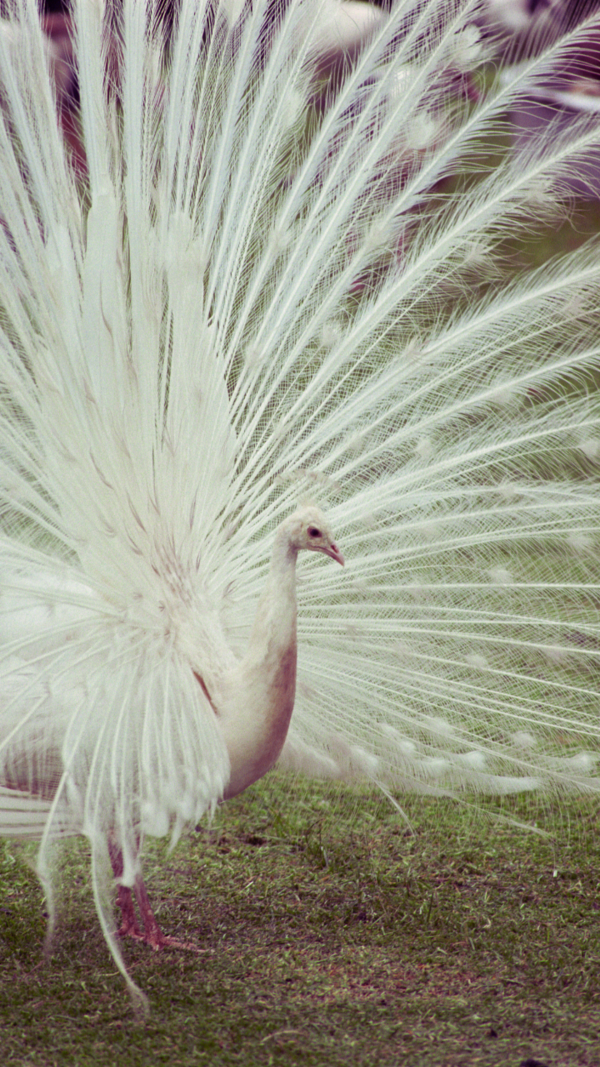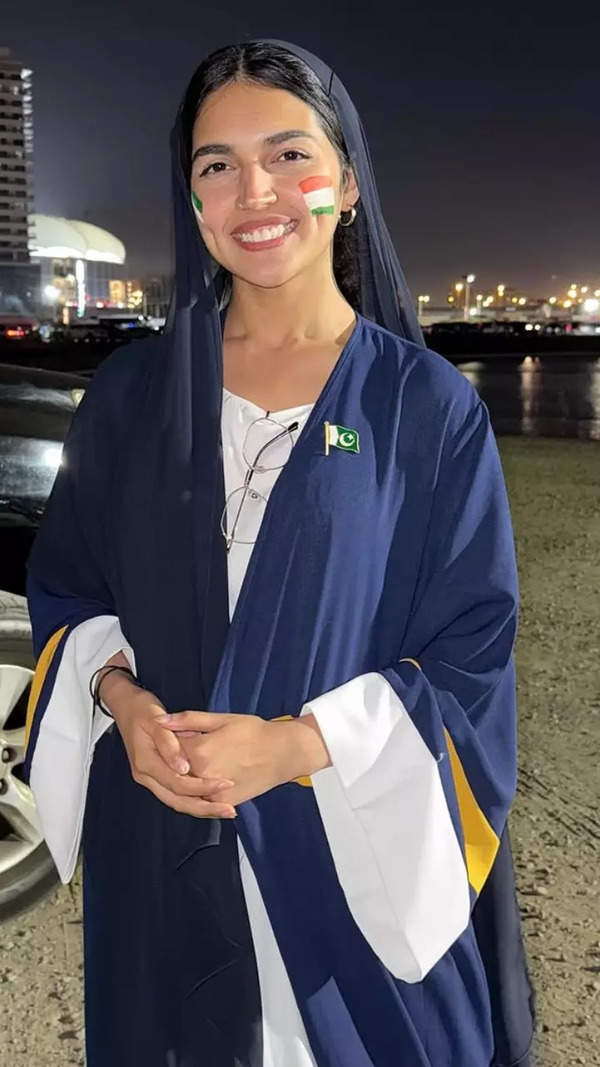- News
- City News
- patna News
- Over 19k to vote for PU students’ union election on March 29
Trending
Over 19k to vote for PU students’ union election on March 29
Patna: Over 19,000 undergraduate and postgraduate students besides research scholars of Patna University will cast their votes to elect the leaders of Patna University Students' Union (PUSU) on March 29.
The last elections to the union were held on Nov 19, 2022. And this will be the first elections to PUSU during the regime of the present vice-chancellor (VC), Ajay Kumar Singh.
Announcing the schedule here on Tuesday, the VC said the process of election in fact started on Feb 28 with the publication of a draft electoral roll on university's website. The final electoral roll, after necessary corrections, would be published on March 6, he said.
The VC added that the sale of nomination papers for five key offices of the union, including president, vice-president, general secretary, joint secretary and treasurer, will be held on March 10, 11, 12, 17 and 18 at the JP senate hall. The cost of each nomination form is Rs 50 and it will be given along with a copy of rules and regulations. Filled-in nomination papers will be submitted at the same venue from March 17 to 19.
Casting of votes will be held at the designated polling booths from 8 am to 2 pm on March 29 and the counting of votes will start at 4pm on the same day. The results of union elections will be announced late at night.
The VC said PU biochemistry department head, Rajneesh Kumar, has been made the chief election officer. Khagendra Kumar of PU's education department has been appointed election advisor and botany department head, Birendra Prasad, and home science department head, Suheli Mehta, will act as observers.
PU dean of students' welfare, Anil Kumar, said there would be direct elections on all the five key posts of the union. Besides, class representatives in colleges and PG departments would be elected by the electorate of the respective constituencies. There would be one representative for 1,000 students in different constituencies. All the representatives along with the five office bearers would form the union cabinet.
The dean said that the contesting candidates would have to observe the model code of conduct prescribed in the statutes based on the Lyngdoh Committee report.
Stay updated with breaking news, weather updates, bank holidays and upcoming public holidays in march.
End of Article
FOLLOW US ON SOCIAL MEDIA
